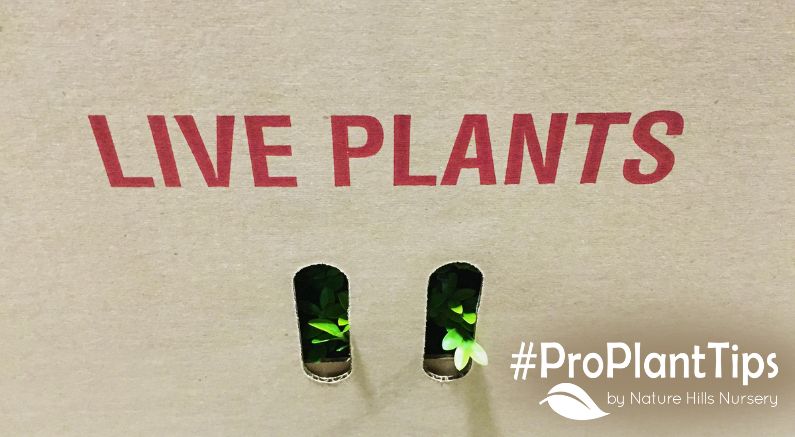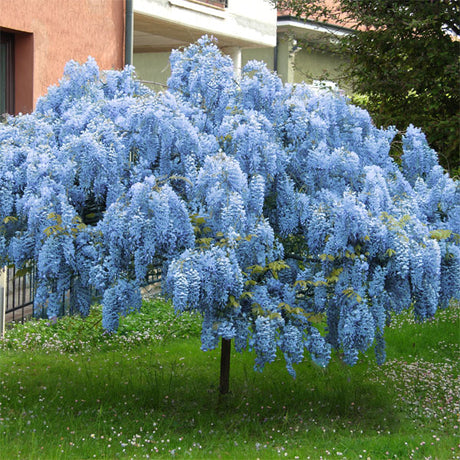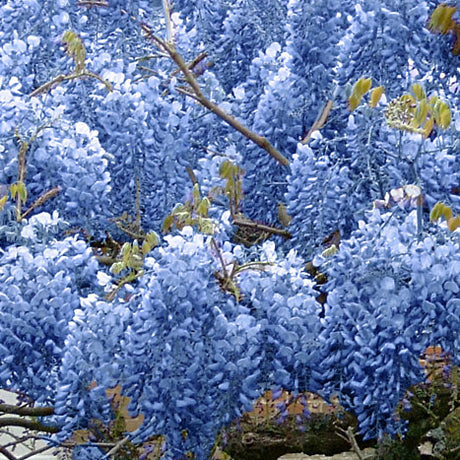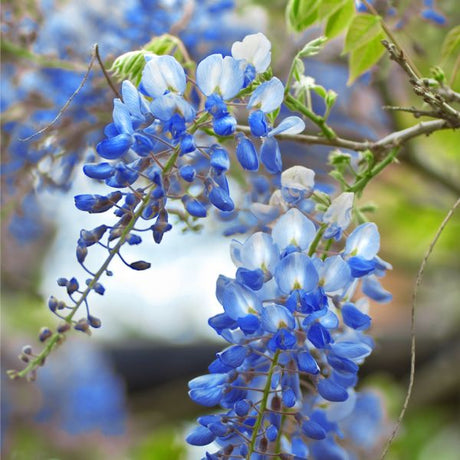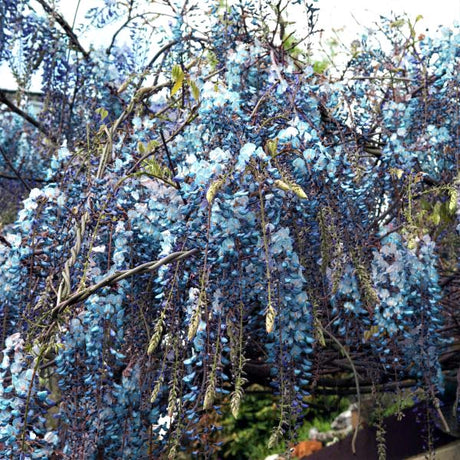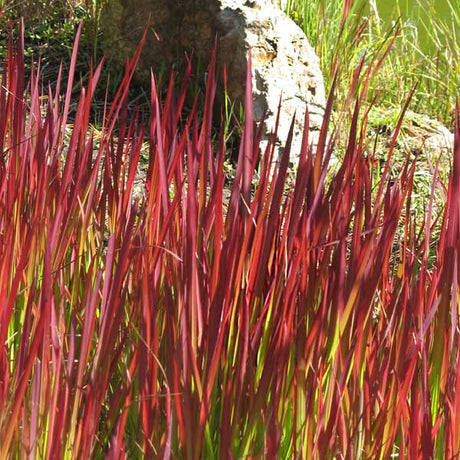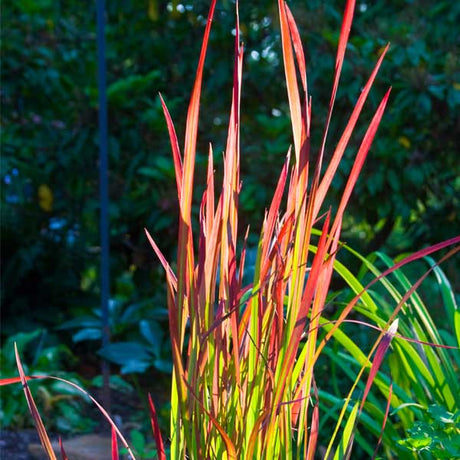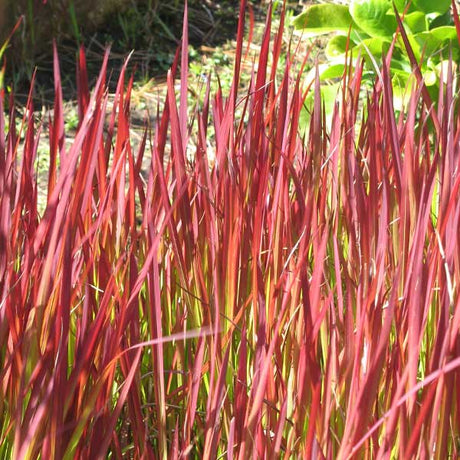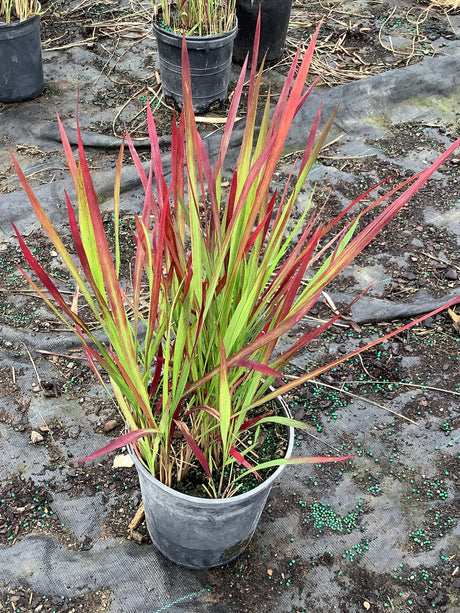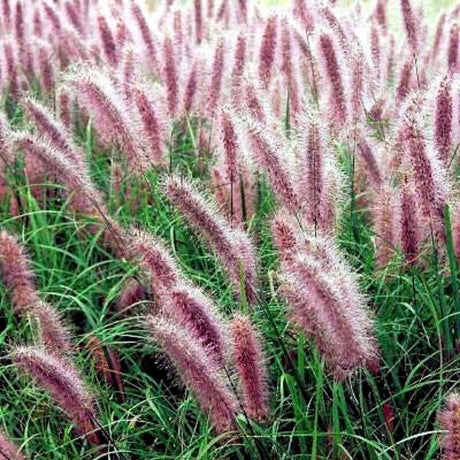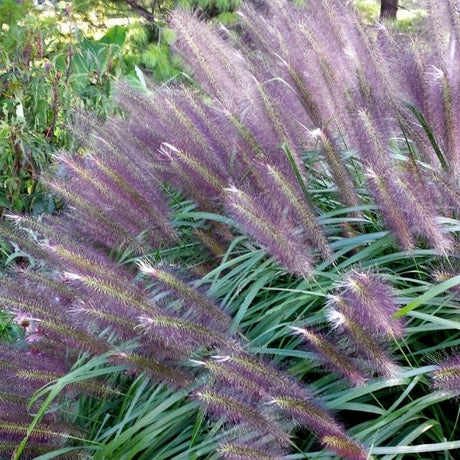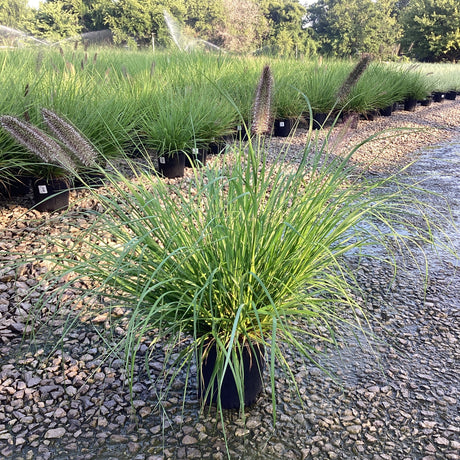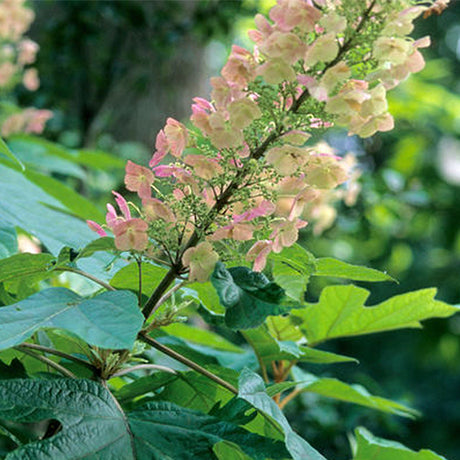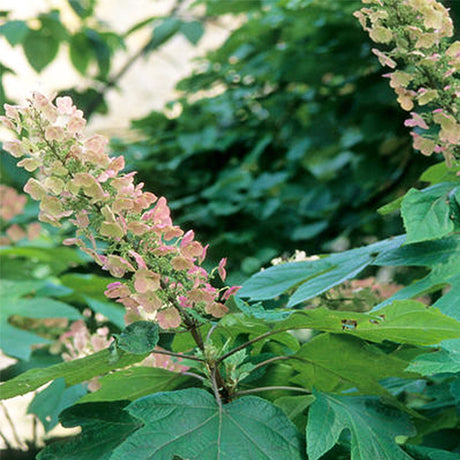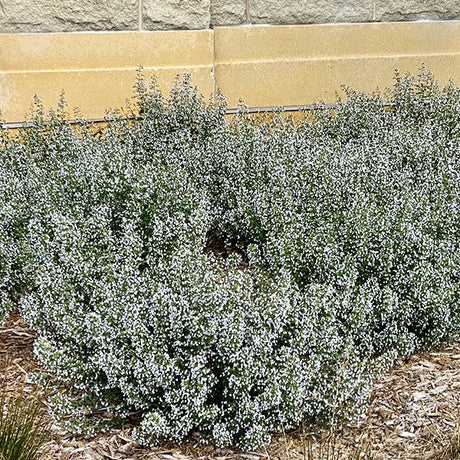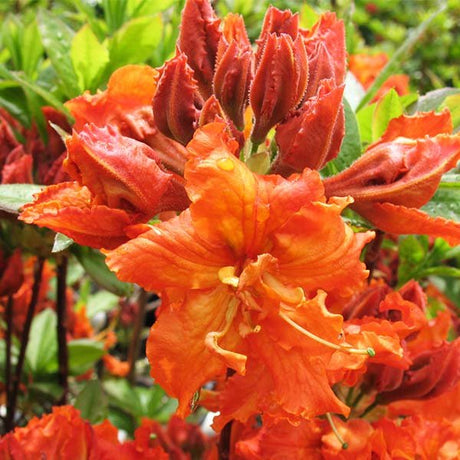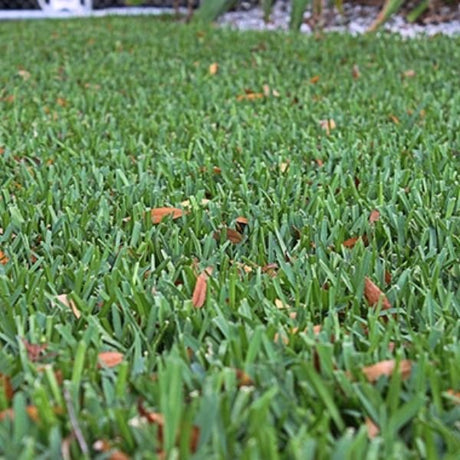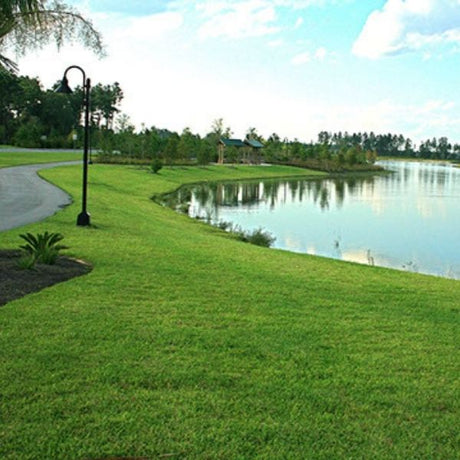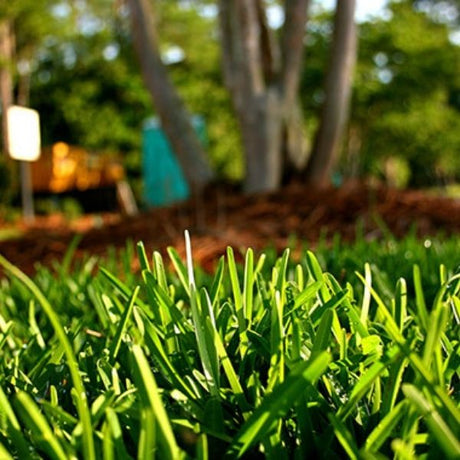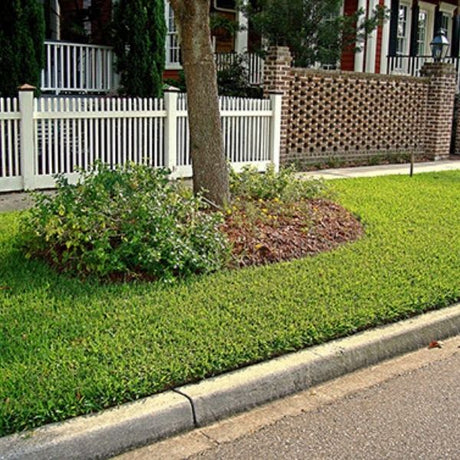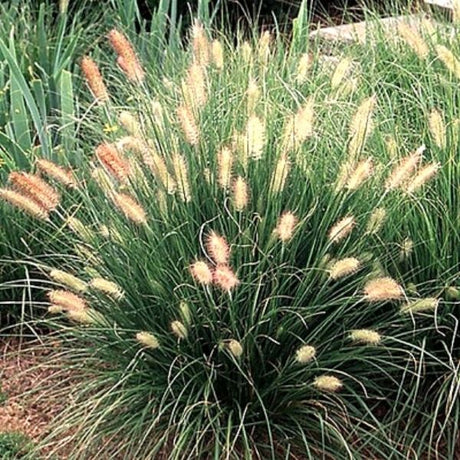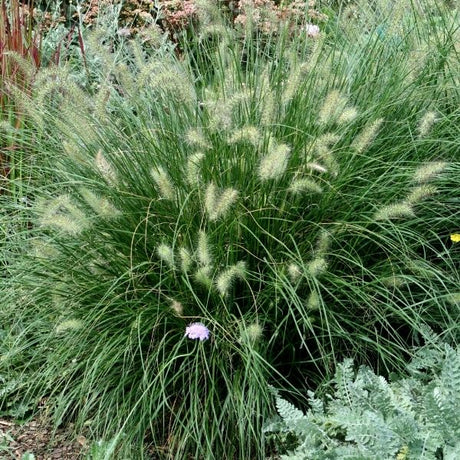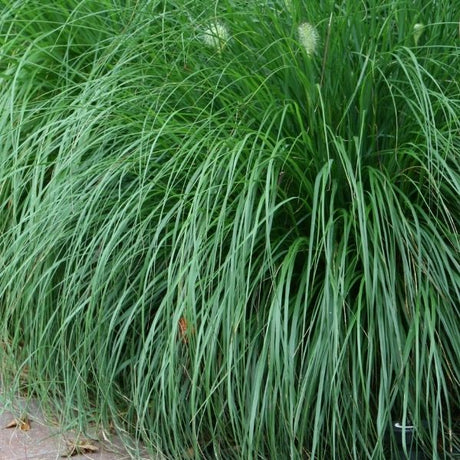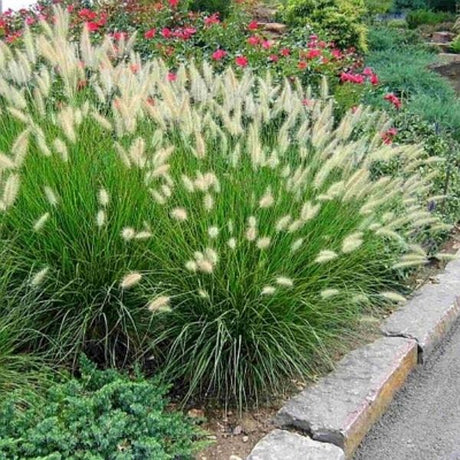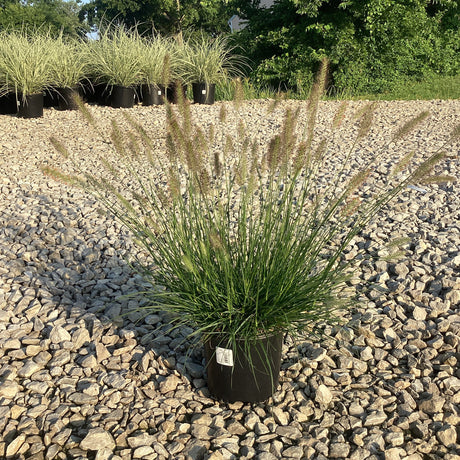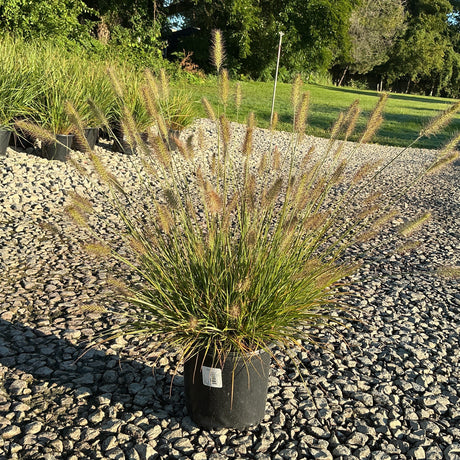
Invasive pests and plant diseases are silently wreaking havoc on our environment. They travel fast, hop borders, and can destroy native plants, trees, and local ecosystems in a blink. This is why online nurseries like Nature Hills can't just ship any plant anywhere at any time. Strict state and federal rules exist to stop these silent invaders. These rules may seem frustrating, but they're actually protecting your backyard and the environment around it.
Let's dig into the why behind these restrictions, some specific instances, and how our own Plant Sentry™ helps keep your neighborhood safe, green, and blooming!
Why Citrus Trees Can't Cross State Lines
Citrus trees are juicy, fragrant favorites, but they also come with serious baggage. Florida, California, Arizona, and Texas are major citrus-growing states, and each has its own pest and disease problems.
To stop the spread of citrus killers like Citrus Greening Disease (Huanglongbing) and Asian Citrus Psyllid, these states have very strict shipping rules.
- Florida Citrus trees can't be shipped into California or Arizona because the diseases common in Florida could devastate California's massive citrus industry.
- Likewise, California-grown citrus can't be sent to Florida or Arizona.
- Texas, which has also had major issues with Citrus Greening, blocks Citrus tree shipments in and out to protect its own groves and backyard growers.
These rules help keep Citrus trees alive and thriving while stopping the spread of pests that could wipe out entire groves.
Turf & Ornamental Grasses Can't Ship in Summer
Love the look of fresh turf grass, grass plugs, or ornamental grasses? So do June Bug larvae (aka: those white grubs that destroy your lawn). These little soil-dwelling bugs are most active in the summer, right when the grass is lush and tempting.
If grasses are shipped during peak grub season:
- The larvae could hide in the soil around the roots.
- They'd hitch a ride across state lines.
- Once planted, they could feast on lawns, tree roots, and garden beds, causing major damage.
By pausing turf and ornamental grass shipments in summer, Nature Hills helps stop these pests from spreading to new areas and chewing up the landscape.
Japanese Beetles Cause Big Trouble, Too

If you've seen shiny metallic green beetles munching on your Roses or Grapevines, you've met the Japanese Beetle. These bugs are invasive, destructive, and hard to control once they settle in.
During peak beetle time (mid-summer), certain plants that attract them, like Birch Trees, Lindens, and Grapes, can't be shipped into areas where the beetles aren't already established during these insects' main movement times.
That's because:
- The beetles or their larvae could be hiding on or around the plant.
- A single shipment could introduce them to a new region.
- Once established, they damage leaves, fruit, and flowers of 300+ plant species!
The Emerald Ash Borer: One Tiny Bug, One Huge Problem
The Emerald Ash Borer (EAB) is a metallic green beetle that's been killing Ash Trees across the U.S. since the early 2000s. It lays eggs under the bark, and its larvae tunnel through the tree's insides, slowly killing it.
- Ash Trees and related species can't be shipped into non-infested states.
- Even firewood from infected states is banned in many areas.
Why? Because Emerald Ash Borer larvae are sneaky. You won't see them on the bark, but they're there, and they'll keep munching once they arrive in a new state.
This pest has already wiped out millions of trees and threatens forests, parks, and neighborhoods.
Why Cherry Trees Can't Ship to the Pacific Northwest
The Pacific Northwest, especially Washington State, has strict regulations on Cherry Trees and other stone fruit trees like Peach, Plum, and Apricot. That's because this region is a huge commercial grower of sweet cherries.
These states want to avoid:
- Little Cherry Disease
- Cherry Leaf Curl
- Other tree-specific viruses
These diseases may be invisible on the outside but deadly on the inside, and spread easily through infected nursery stock.
To keep their orchards healthy and productive, the Pacific Northwest bans imports of certain fruit trees from other states.
Other Types of Concerns That May Limit Plant Shipments
Sudden Oak Death (SOD)
States affected: Mostly California and Oregon, with quarantines across the Pacific Northwest.
- Caused by a water mold (Phytophthora ramorum), this disease attacks Oak, Rhododendron, Camellia, Viburnum, and many other forest and ornamental species.
- The spores travel in water, wind, and contaminated nursery soil.
- Shipments of host plants from infected countries are strictly regulated or outright prohibited to prevent the spread.
Boxwood Blight
States affected: Found in 30+ states, but quarantines vary.
- This aggressive fungal disease devastates Boxwood, Pachysandra, and Sweet Box (Sarcococca).
- Infected plants may look fine when shipped, but spores spread easily.
- Some states (like Tennessee and Illinois) have special requirements or restrictions on shipping Boxwoods.
Asian Long-Horned Beetle (ALB)
States affected: Ohio, Massachusetts, New York (with strict quarantines).
- This pest burrows into the heartwood of Maples, Elms, Willows, and Horse Chestnut Trees, eventually killing them.
- Firewood, nursery stock, and cut logs from infested areas are highly restricted.
- Federal quarantine zones forbid the movement of host trees unless specially treated or certified.
Gypsy Moth (LDD Moth)
Now called: Spongy Moth (Lymantria dispar dispar)
States affected: Mostly eastern U.S., from Maine to Minnesota.
- Gypsy Moth Caterpillars devour foliage from hundreds of species, especially Oaks, Birch, and Apples.
- Nursery stock leaving infested zones must be inspected and certified pest-free before it can cross into non-infested states.
Canker Diseases & Fire Blight
- Fire Blight, caused by Erwinia amylovora, affects Apple, Pear, Crabapple, and Hawthorn Trees.
- It spreads through infected nursery stock and pruning tools and is especially aggressive in warm, humid states.
- Several states limit shipments of susceptible trees to prevent long-distance spread.
Mile-a-Minute Vine, Kudzu, and Noxious Weeds
- It's not just bugs, invasive plants are also regulated!
- Shipping soil or root-bound stock with weed seeds or root fragments can spark invasions.
- Some ornamental plants that are considered noxious weeds in certain states (like Purple Loosestrife, Burning Bush, or Scotch Broom) can't be sold or shipped there at all.
Other Shipping Restrictions To Know
Here are a few more plant protection rules you may run into:
- Grape Vines not grown there can't ship into California to prevent the spread of Pierce's Disease and Glassy-Winged Sharpshooter.
- Boxwoods may be blocked during outbreaks of Boxwood Blight.
- Beech, Oak, and Maple Trees are regulated in some areas due to Gypsy Moth or Spotted Lanternfly quarantines.
Each rule is based on science, not guesswork, and aimed at stopping long-term damage to entire ecosystems.
Why These Rules Matter (And How They Help You!)
Think of your yard as part of a bigger picture. When an invasive pest or disease enters your area:
- Your local plants are suddenly at risk.
- Parks and public gardens could lose trees and flowers.
- Pollinators like bees and butterflies may lose preferred food sources.
- Native species may struggle to compete or get pushed out entirely.
That's why Nature Hills strictly adheres to all state and federal regulations, because protecting ecosystems is a responsibility we take seriously!
We take it so seriously that we developed our own compliance tool, Plant Sentry™, to ensure every plant ships safely, responsibly, and legally!
How These Issues Affect You and Your Garden
These pests and pathogens are more than just a nuisance; they can:
- Kill off entire species in natural forests and parks.
- Destroying backyard gardens and small farms.
- It costs millions in cleanup, pest management, and tree replacement.
- Harm wildlife and pollinators who depend on healthy native plant ecosystems.
Plant Sentry™: Your Garden's Bodyguard
To make sure only safe plants are shipped, Nature Hills uses Plant Sentry™. This system:
- Checks every order against federal and state agricultural regulations.
- Blocks plants from being shipped where they could cause harm.
- Ensures compliance with the USDA and state departments of agriculture.
You can shop with peace of mind, knowing your plants:
- Will arrive healthy and ready to thrive, with strong, established root systems.
- Comply with all local and federal regulations to ensure they're allowed in your area.
- Support the health of your landscape without introducing harmful pests or diseases.
Delivering Green The Right Way

So next time you wonder, "Why can't I get that plant shipped to me?", know it's for a good reason. Thanks to pest and disease rules (and tools like Plant Sentry™), we're keeping landscapes safe, pollinators happy, and local ecosystems thriving, one plant at a time!
On each plant's information page, you can add your Zip Code beneath the map of the US Growing Zones, and an alert will show you if we are unable to ship a plant to your state!
Happy Planting!

